Filter by
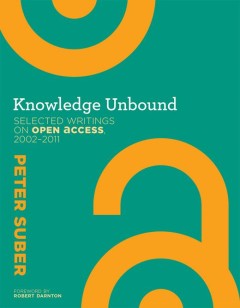
Knowledge unbound: Selected writings on open access, 2002-2011
Selection of writings, mostly from the author's SPARC open access newsletter.Peter Suber has been a leading advocate for open access since 2001 and has worked full time on issues of open access since 2003. As a professor of philosophy during the early days of the internet, he realized its power and potential as a medium for scholarship. As he writes now, "it was like an asteroid crash, fundamen…
- Edition
- -
- ISBN/ISSN
- 9780262329552
- Collation
- 1 online resource (xvi, 436 pages)
- Series Title
- -
- Call Number
- -
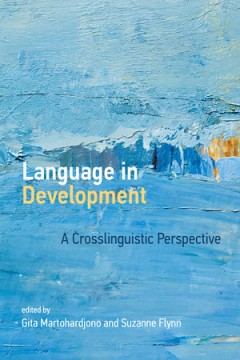
Language in development :a crosslinguistic perspective
"An edited collection of prominent scholars in the field of language acquisition and development, focusing primarily on syntax and morphosyntax from formalist generative perspective"--OCLC-licensed vendor bibliographic record.
- Edition
- -
- ISBN/ISSN
- 9780262366069
- Collation
- 1 online resource.
- Series Title
- -
- Call Number
- -
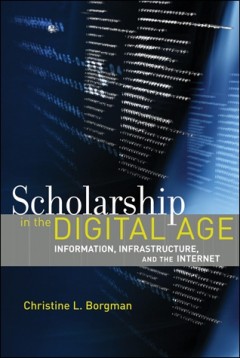
Scholarship in the digital age: Information, Infrastructure, and the Internet
Scholars in all fields now have access to an unprecedented wealth of online information, tools, and services. The Internet lies at the core of an information infrastructure for distributed, data-intensive, and collaborative research. Although much attention has been paid to the new technologies making this possible, from digitized books to sensor networks, it is the underlying social and policy…
- Edition
- -
- ISBN/ISSN
- -
- Collation
- 1 online resource (xxiv, 336 pages) : illustrations
- Series Title
- -
- Call Number
- -
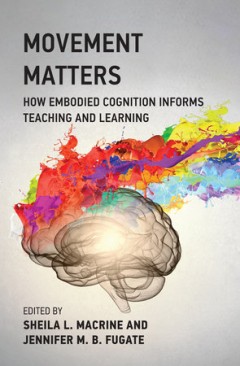
Movement Matters: How Embodied Cognition Informs Teaching and Learning
"Presents the latest research on embodied cognition's applications for educational practices, and offers perspectives on how the relationships among mind, brain, body, and environments impact learning"--
- Edition
- -
- ISBN/ISSN
- 9780262368995
- Collation
- -
- Series Title
- -
- Call Number
- -
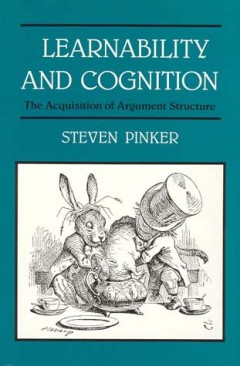
"Learnability in Optimality Theory "
- Edition
- 1
- ISBN/ISSN
- 9780262284790
- Collation
- -
- Series Title
- -
- Call Number
- -
- Edition
- 1
- ISBN/ISSN
- 9780262284790
- Collation
- -
- Series Title
- -
- Call Number
- -
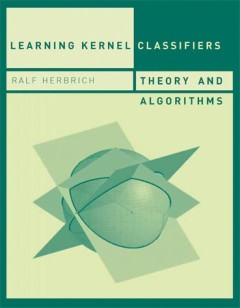
Learning Kernel Classifiers: Theory and Algorithms
Linear classifiers in kernel spaces have emerged as a major topic within the field of machine learning. The kernel technique takes the linear classifier--a limited, but well-established and comprehensively studied model--and extends its applicability to a wide range of nonlinear pattern-recognition tasks such as natural language processing, machine vision, and biological sequence analysis. This…
- Edition
- 1
- ISBN/ISSN
- 9780262256339
- Collation
- -
- Series Title
- -
- Call Number
- -
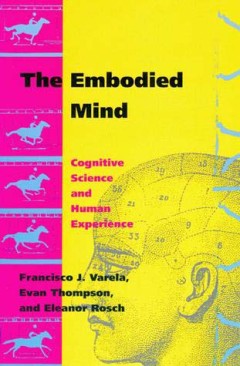
The Embodied Mind : Cognitive Science and Human Experience
A new edition of a classic work that originated the "embodied cognition" movement and was one of the first to link science and Buddhist practices.OCLC-licensed vendor bibliographic record.
- Edition
- 2nd ed.
- ISBN/ISSN
- 9780262285476
- Collation
- 1 online resource (390 pages)
- Series Title
- -
- Call Number
- -
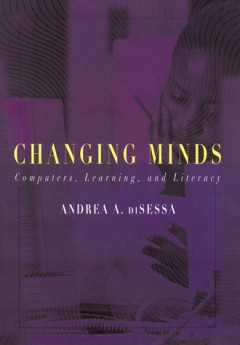
Changing Minds: Computers, Learning, and Literacy
"A Bradford book."Andrea diSessa's career as a scholar, technologist, and teacher has been driven by one important question: can education -- in particular, science education -- be transformed by the computer so that children can learn more, learn more easily at an earlier age, and learn with pleasure and commitment? This book is diSessa's informed and passionate affirmative answer to that ques…
- Edition
- -
- ISBN/ISSN
- 9780262271769
- Collation
- 1 online resource (xix, 271 pages) :illustrations
- Series Title
- -
- Call Number
- -
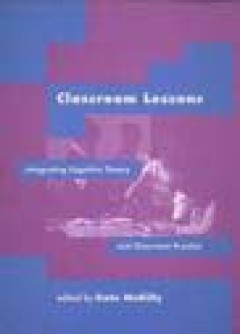
Classroom Lessons: Integrating Cognitive Theory and Classroom Practice
"A Bradford book."A timely complement to John Bruer's Schools for Thought, Classroom Lessons documents eight projects that apply cognitive research to improve classroom practice. The chapter authors are all principal investigators in an influential research initiative on cognitive science and education. Classroom Lessons describes their collaborations with classroom teachers aimed at improving …
- Edition
- -
- ISBN/ISSN
- 9780262279482
- Collation
- 1 online resource (xvi, 317 pages) :illustrations
- Series Title
- -
- Call Number
- -
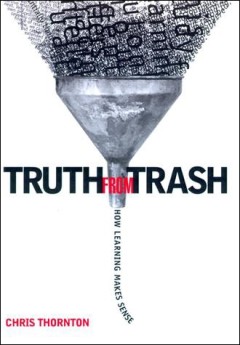
Truth from Trash: How Learning Makes Sense
AnnotationOCLC-licensed vendor bibliographic record.
- Edition
- -
- ISBN/ISSN
- 9780262284981
- Collation
- 1 online resource (126 pages).
- Series Title
- -
- Call Number
- -
 Computer Science, Information & General Works
Computer Science, Information & General Works  Philosophy & Psychology
Philosophy & Psychology  Religion
Religion  Social Sciences
Social Sciences  Language
Language  Pure Science
Pure Science  Applied Sciences
Applied Sciences  Art & Recreation
Art & Recreation  Literature
Literature  History & Geography
History & Geography